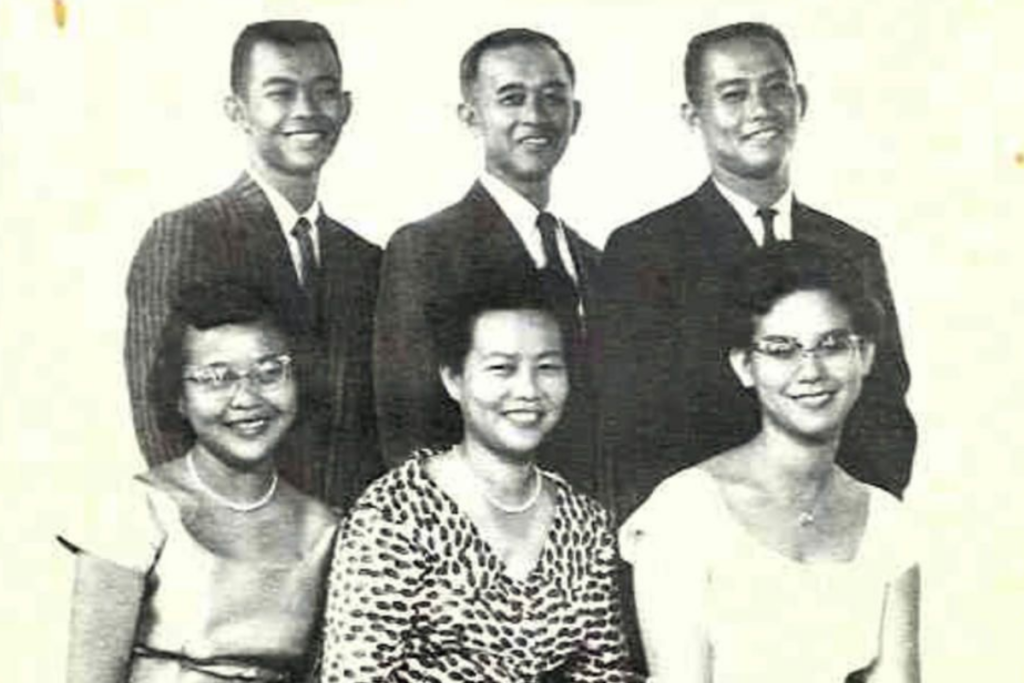In 1939, the Dongs, a Chinese American family living in Coronado, California, faced difficulty finding a place to live. This situation was due to unfair housing rules that favored white people; however, they got lucky. Emma and Gus Thompson, a Black couple who owned property in town, offered to help. They rented their home to the Dongs when nobody else would. Eventually, the Dongs were able to buy the house.
Showing Gratitude
Now, the Dongs are back to show their gratitude to the Thompsons for their kindness. They are giving $5 million to support Black college students, using the money they made from selling the house.
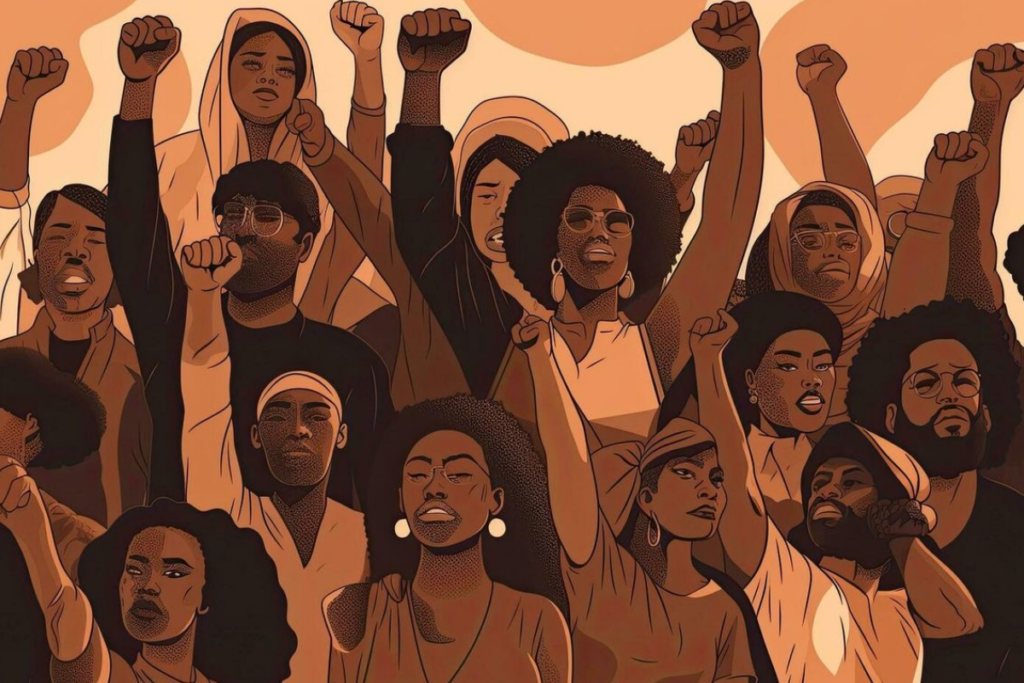
Source: Vecteezy/Pinterest
Janice Dong, 86, thinks that selling the family home and an adjacent property might help some kids. The kids who otherwise wouldn’t have the chance to flourish in college.
In Honor of Emma and Gus
Lloyd Dong Jr., 81, added that the Thompsons, who gave their family a start with the land, inspired them. The black couple inspired them to pay it forward.

Source: Britannia/Pinterest
The Dong family also plans to honor Emma and Gus, who were born into slavery. They plan to have San Diego State University’s Black Resource Center named after them.
The Dongs’ Net Worth
Lloyd emphasized the importance of giving back, acknowledging that without the Thompsons, they wouldn’t have had the opportunities they did.
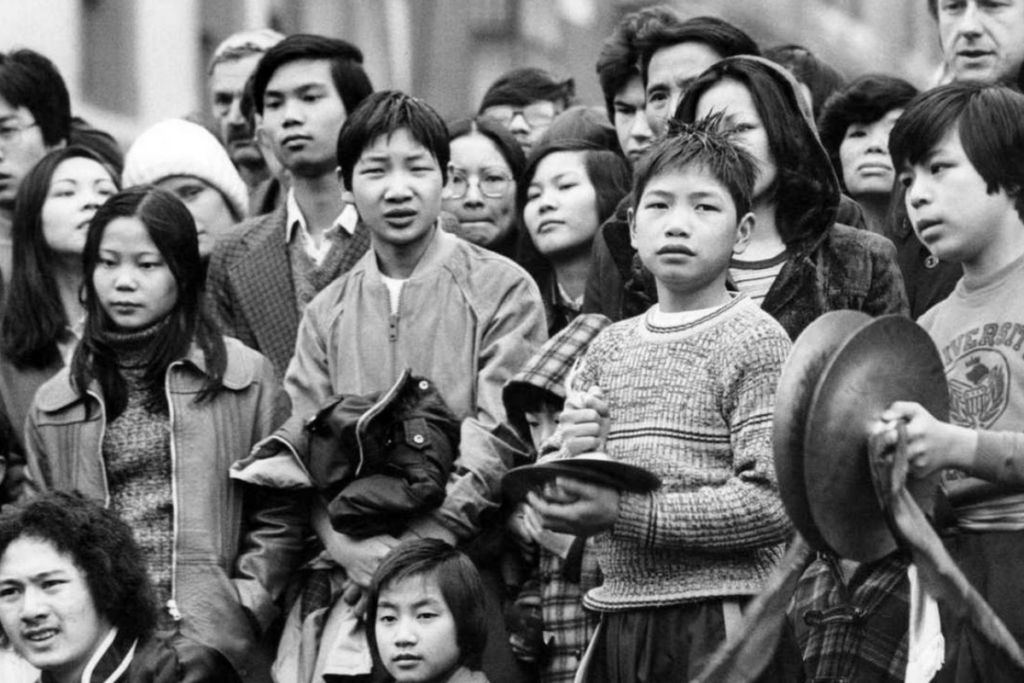
Source: LiverpoolEcho/Pinterest
The Dong family owns some properties in Coronado, including the Thompsons’ original house and an apartment complex nearby. They estimate the total value to be around $8 million.
Lloyd Dong Jr. and his brother, Ron Dong, plan to donate their shares, which add up to $5 million.
A Story of Appreciation
According to Coronado historian Kevin Ashley, despite the national conversation about reparations, the Dong’s actions aren’t about making up for past wrongs.
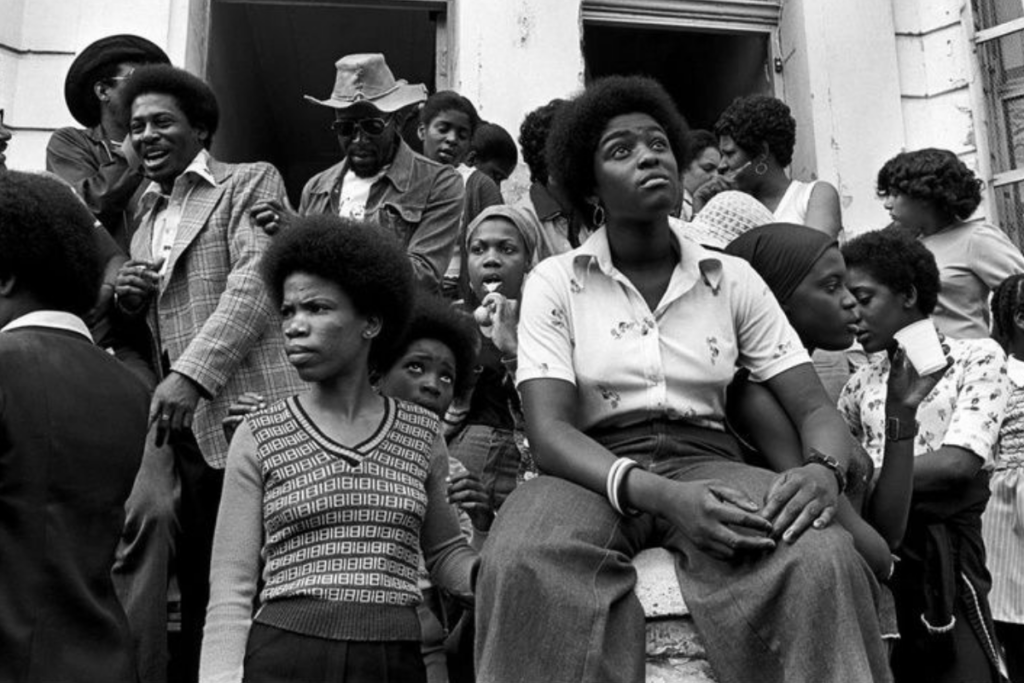
Source: NSC/Pinterest
The Thompsons’ gift wasn’t about settling debts. Instead, it’s a story of appreciating how one family’s generosity has made a lasting impact on another’s journey to success.
Believing in the Power of Education
“The Dong family, retired teachers Ron and Janice Dong, believe in the power of education to make a difference. They made a donation to the Black community.
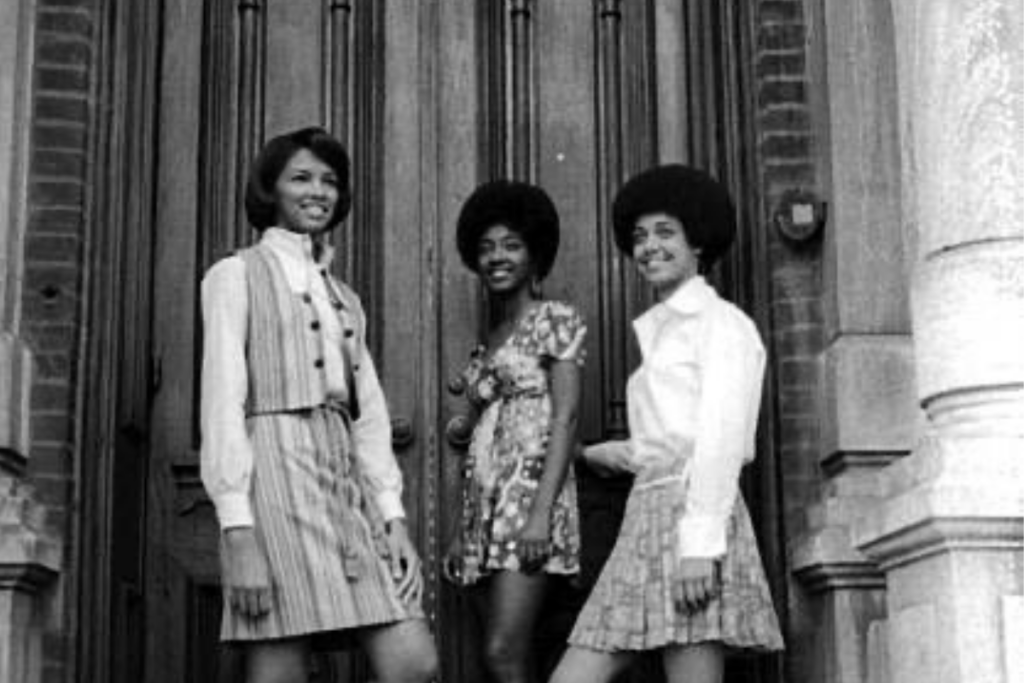
Source: GettyImages/Pinterest
They set an example for others to consider how they can give back. Ron Dong, 86, stated that their contribution felt right and fitting. “It’s exactly what’s appropriate,” he said.
Family Roots
The Dong family has been in California since the late 1800s. Lloyd Dong Sr. used to farm in the Central Valley but later moved to Coronado to work as a gardener.
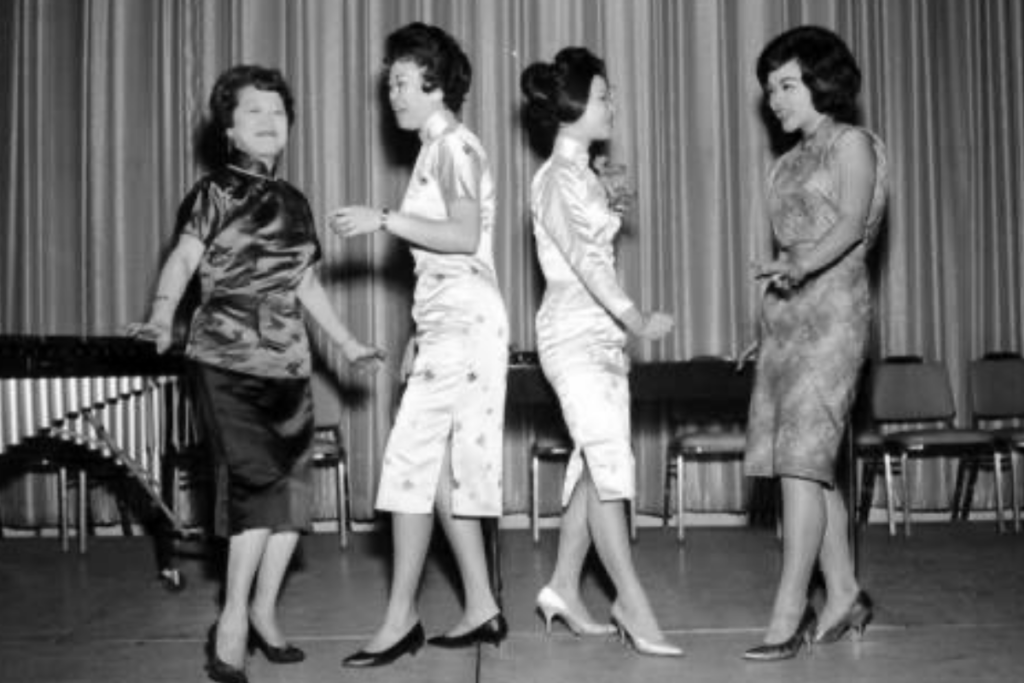
Source: ChicagoTribune/Pinterest
His son Ron says his dad worked hard six days a week and even worked harder on the seventh. He worked on the land six days a week, and on the seventh day, he did extra work. He did this to allow his American-born children to attend schools, build careers, and invest in real estate.
Reflection on the Past
During this phase of their lives, Lloyd Jr. and Ron Dong reflect on their legacies. They recall moments from their past that shaped their futures. Back in 1939, Gus and Emma Thompson provided the Dong family with shelter.
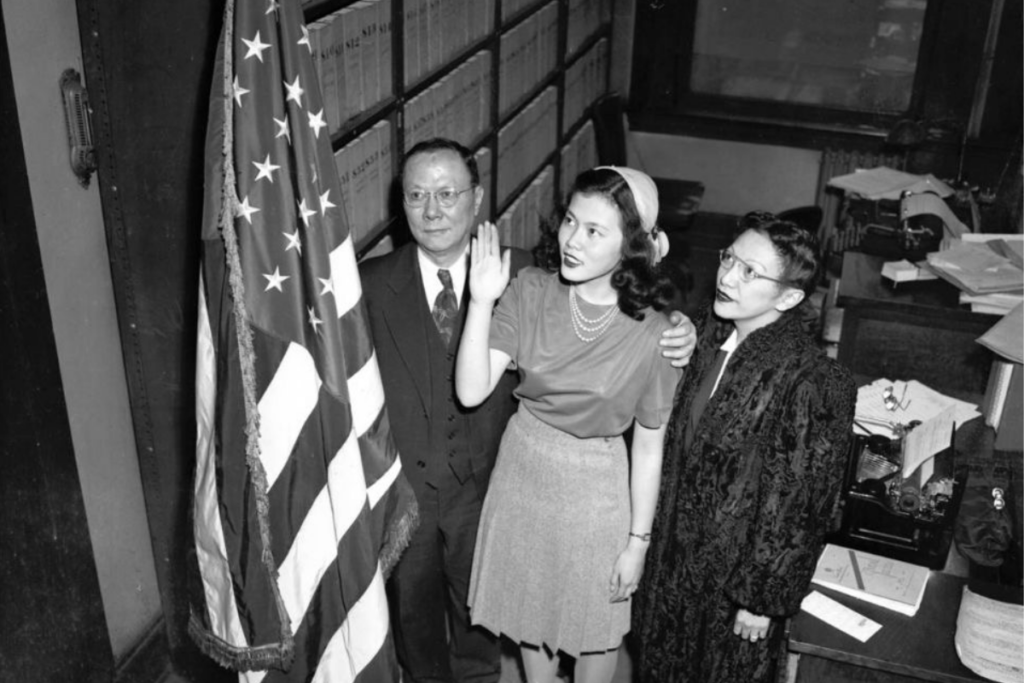
Source: ChicagoTribune
They also made a commitment to sell them land and an opportunity to improve their lives. This happened in Coronado, a fancy city famous for its luxurious hotels and beautiful beaches. A place where it was tough for marginalized people to live in the city proper.
History of Coronado
In the past, racially restrictive housing covenants were a rule in Coronado. The rule stopped immigrants and people of color from renting or buying homes there.
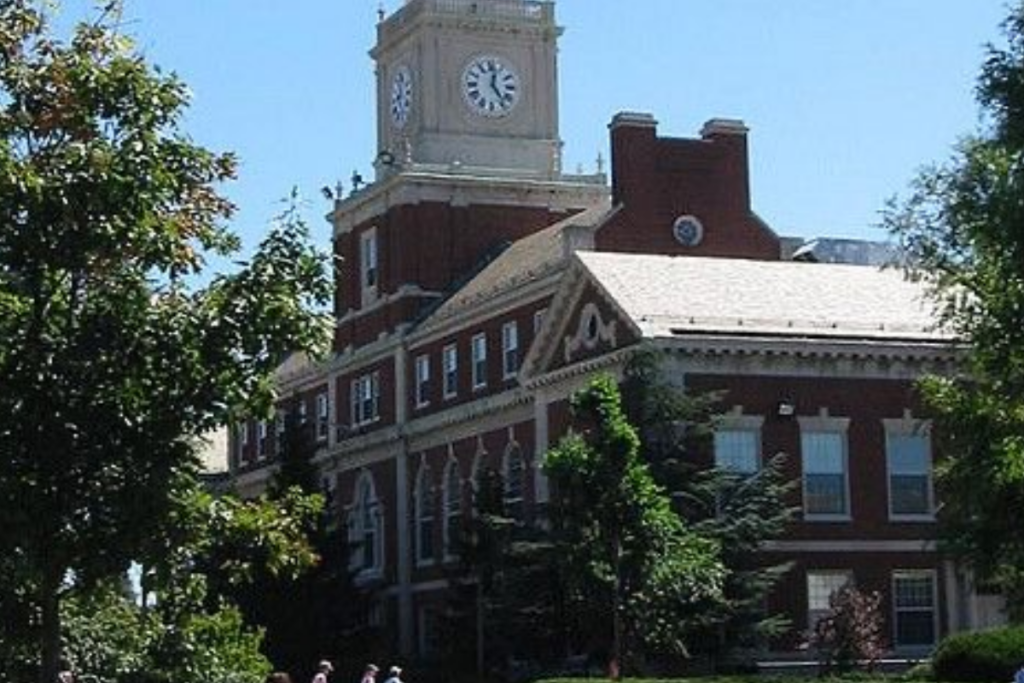
Source: Flickr/Pinterest
Jo Von M. McCalester, who’s from San Diego and teaches political science at Howard University, explained. She explains that even though California didn’t have slavery, racism still existed, shaping how different groups were treated.
Gus Thompson
Back then, minorities and immigrants in Coronado could only find shelter at Gus Thompson’s boarding house. Gus set up this boarding house on the upper level of his barn. This wasn’t random. Thompson came from Kentucky to work at the Hotel Del Coronado in California.

Source: AnnSwincher/Pinterest
He built the house and barn on C Avenue in 1895. This was before the city’s rules about where different races could live were enforced. So, Gus didn’t have to follow those rules. He turned his barn into a place where those who needed help could stay.
Marginalized People
“Gus Thompson’s actions show a determination to help others despite challenges,” Ballinger Gardner Kemp, his great-grandson, said.
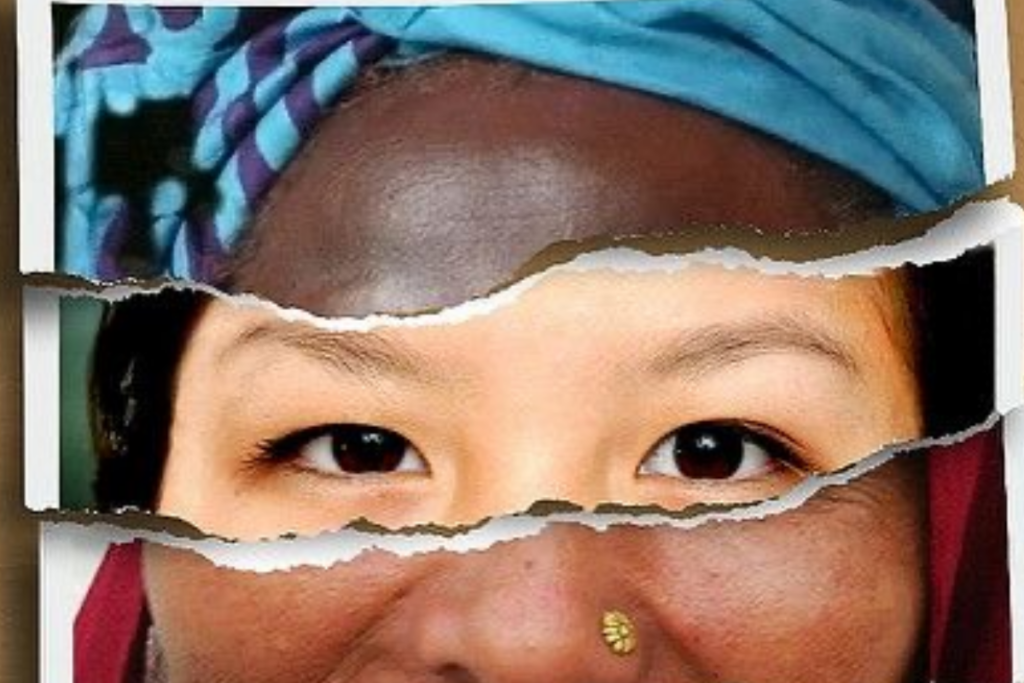
Source: Flickr/Pinterest
Both the Dong and Thompson families faced struggles in a society that didn’t fully accept them. Living in San Diego, marginalized individuals often leaned on each other for support, forming close-knit communities, McCalester said. She further said, “It was something that was common amongst the people in San Diego. Marginalized people had to rely on one another.”
832 C Avenue
In 1955, Emma Thompson sold her house and the barn next door to the Dongs. This made the Dongs the first Chinese American family to own property in Coronado, according to Ashley, the local historian.

Source: KeblogIT/Pinterest
The Dong family lived in the house at 832 C Ave., and in 1957, they tore down the barn and built an apartment complex in its place. Ron Dong became a high school teacher, while Lloyd Dong Jr. did various jobs, like preparing taxes.
Keeping Up with the Properties
Eventually, the brothers moved away from Coronado. They moved to different parts of California but still managed their properties on C Avenue from a distance.

Source: Kehau/Pinterest
The Thompson family’s story had been forgotten by many until the Dong brothers made a move. The brothers who lived in Coronado began thinking about what to do with their properties. Without kids of their own, they found it hard to keep up with the maintenance of the properties.
Recalling the Thompsons
“It’s time,” Janice Dong said to her husband, Ron. She signaled their choice to sell the properties and give back to the community. In 2022, Ashley reached out to the Dongs after studying Black history in Coronado and then asked a crucial question: Do you recall the Thompsons?
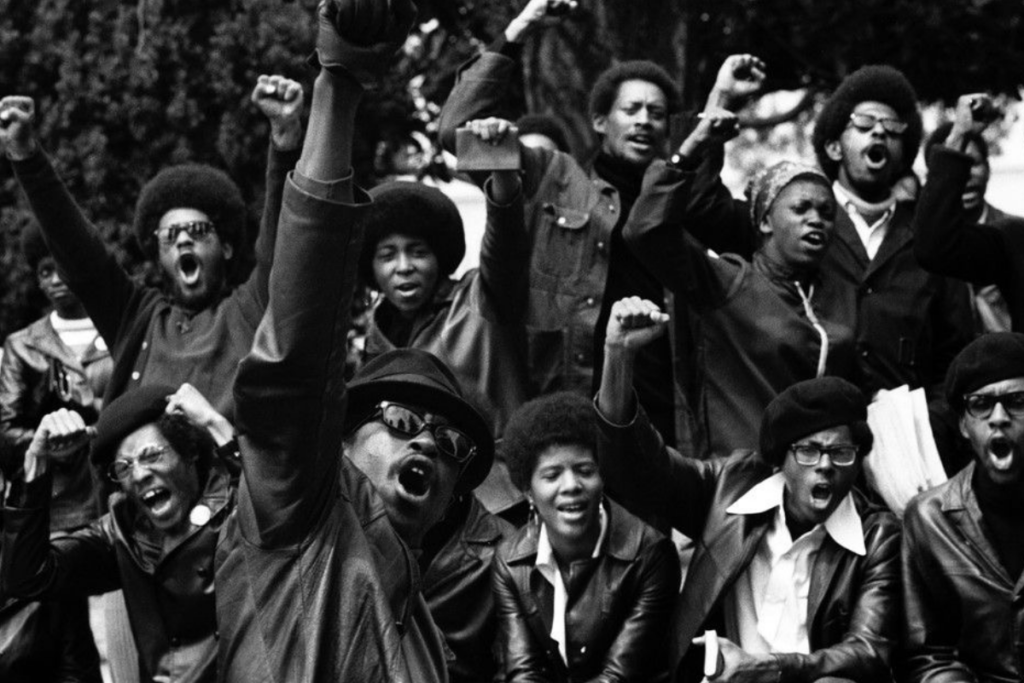
Source: I-D/Pinterest
The Dong family chose to give money from the sale of their property to SDSU’s Black Resource Center. They did this at the same time as California lawmakers introduced 14 bills about reparations.
Tackling Racism
These bills about reparations aim to tackle the state’s history of racial discrimination. They come from suggestions made by a group called the Reparations Task Force. The task force was formed in 2020 when people across the country were thinking more about race and fairness.
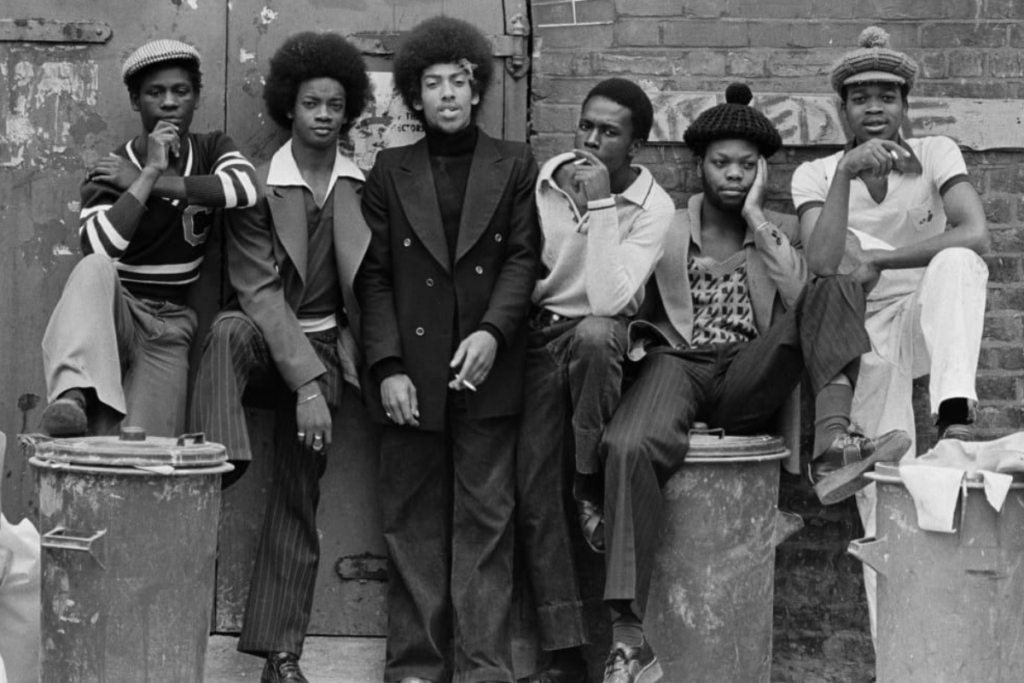
Source: HaleyAyotte/Pinterest
Don Tamaki, who is part of this task force, mentioned something. He said that even though California became a state without slavery, it still has a history of racial unfairness that isn’t talked about much.
History of Slavery in California
When California joined the Union, it entered as a free state. California did not allow slavery. However, Don Tamaki, who is part of a group called the California Reparations Task Force, wants people to remember something. He wants them to remember that California has a history of treating people unfairly based on race.
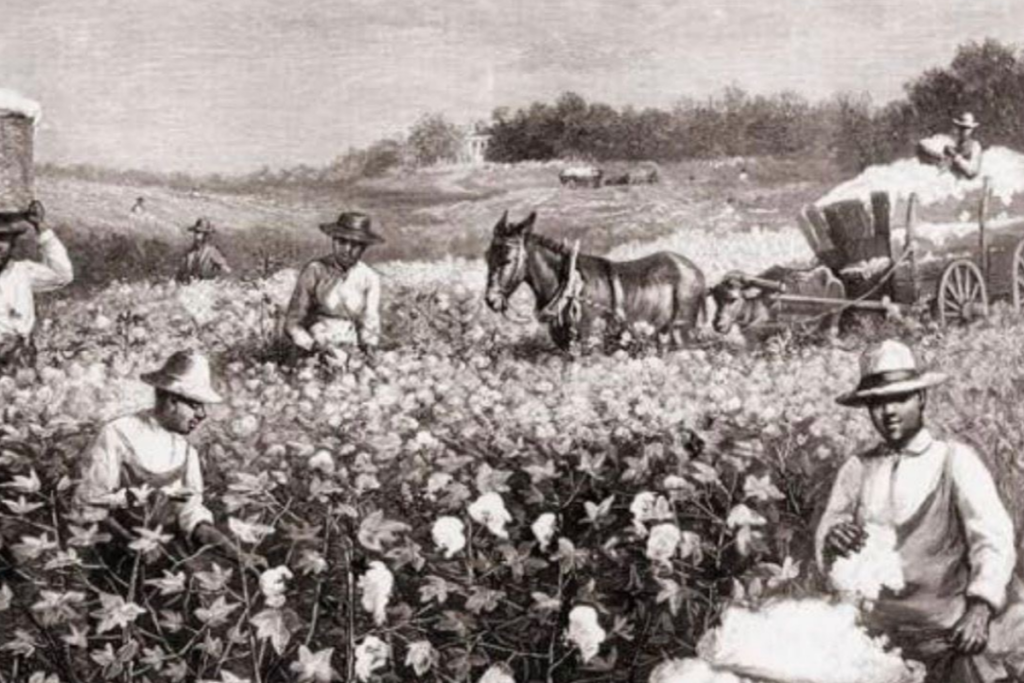
Source: EstelleSimmons/Pinterest
Tamaki says that California has done things like taking away people’s land. The state then makes it hard for them to find homes and get medical care.
Discussions about Reparations
We have to face this issue, both in significant ways and small ones,” Tamaki said. The discussion about reparations is filled with strong emotions and tangled up with questions. Questions about responsibility, money, and whether we should forget about the past.
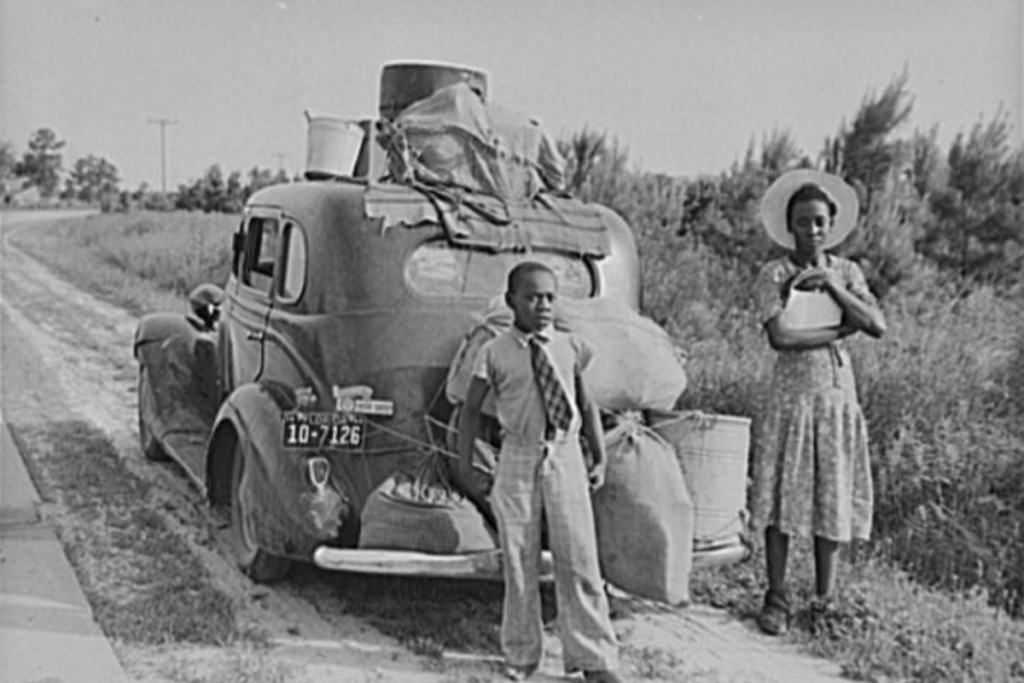
Source: OnlyInYourState/Pinterest
A lot of people don’t believe that the children of enslaved people should receive any compensation. This is according to a survey made by Pew Research.
The Legacy of Defiance
“I believe they realize how much one family’s sacrifice can influence the lives of many,” stated McCalester. McCalester, a professor at Howard University. “That’s where reparations should stem from.”
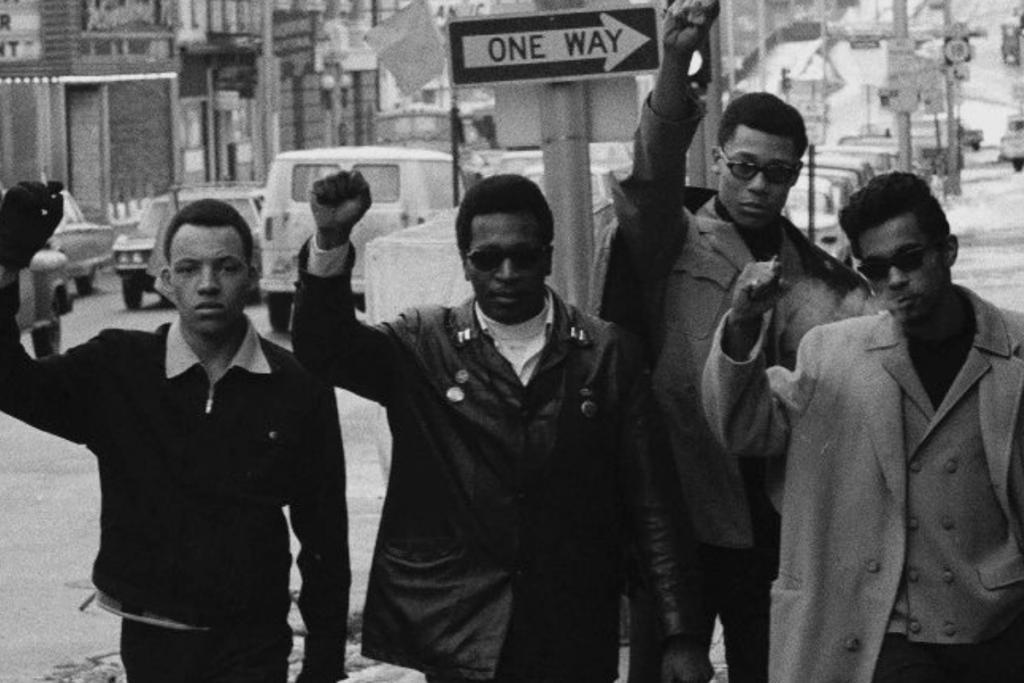
Source: WWD/Pinterest
In the intertwined tales of these families, the legacy of defiance lives on. Years ago, the Thompsons defied racism by renting and selling to the Dongs. Now, in 2024, the Dongs are carrying on a similar legacy.
A Rebellious Spirit
The Dong family’s choice makes us think about society more closely, Ashley said. In the stories of these families, we see an enduring spirit of rebellion.
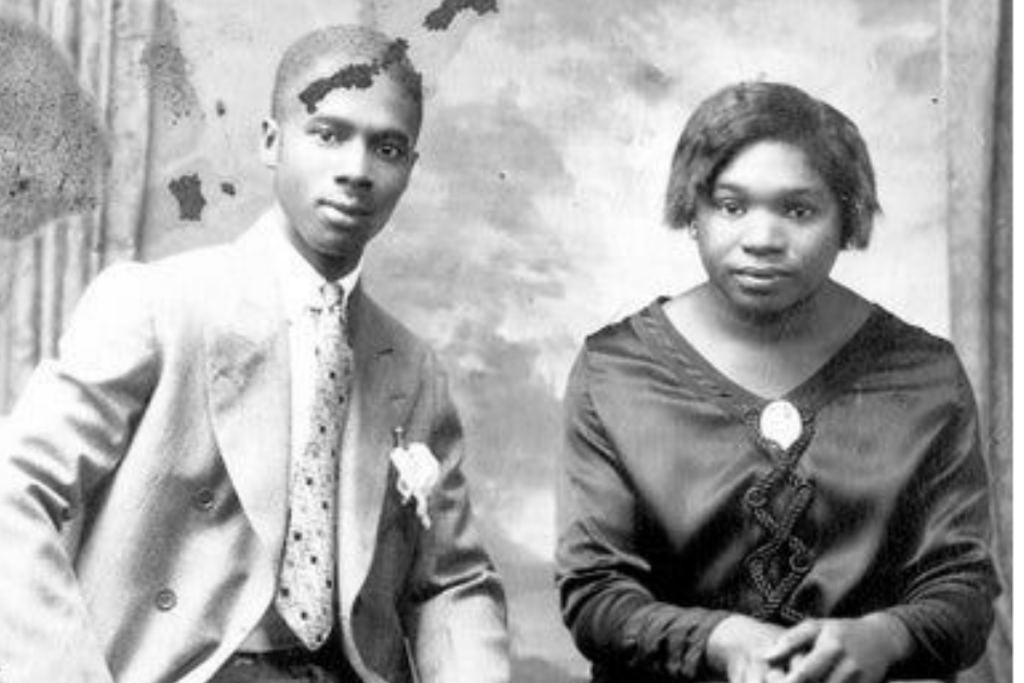
Source: EssenceMagazine/Pinterest
Years ago, Emma and Gus Thompson stood up to racism by renting and selling their house to the Dongs. Now, in 2024, the Dongs are following a similar path by donating back to the black community.
Giving It All Back to The Community
Ashley, the local historian, pointed out the decision made by the Dongs. The Dong family’s decision reflects on society. Their actions urge us to take a closer look.

Source: NewYorkTimes/Pinterest
“What they’re trying to say in essence is, ‘Instead of arguing over reparations, we’re just giving it all back to the Black community,'” Ashley explained.

